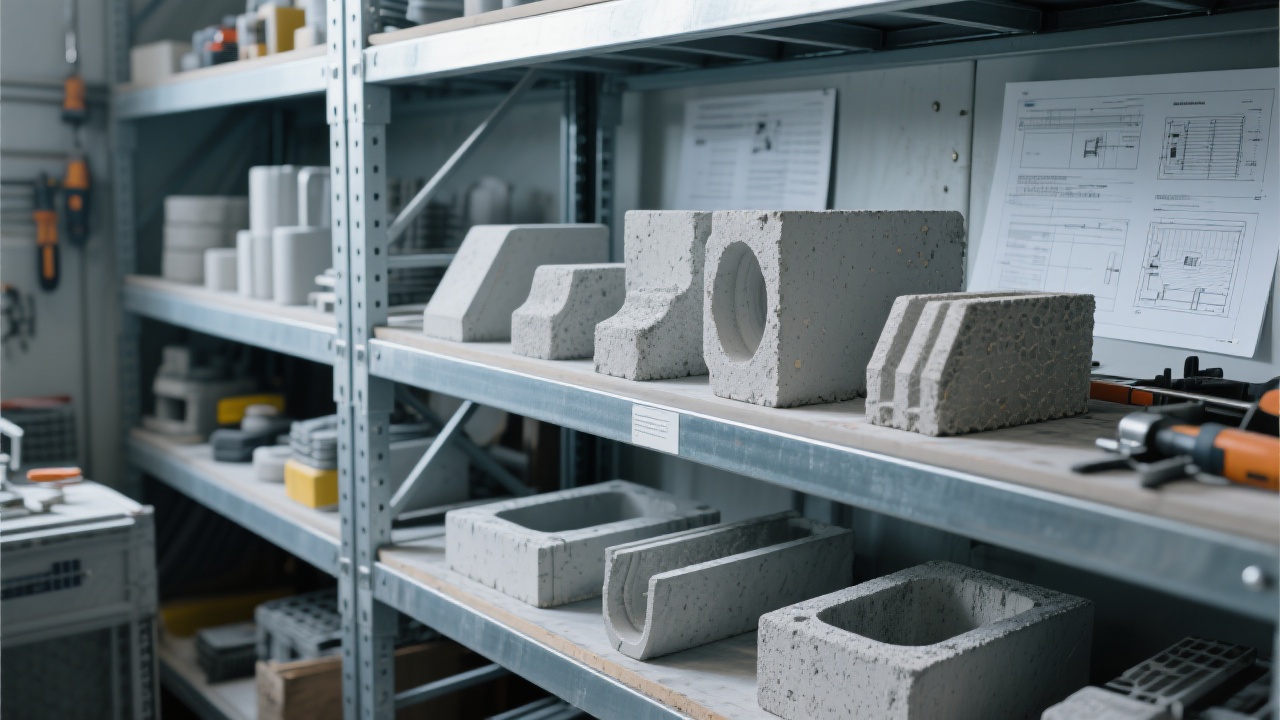
In the global steel and ceramics industries, furnace lining stability directly impacts production uptime, safety, and cost efficiency. Many manufacturers face recurring issues like premature refractory wear, unexpected shutdowns, and rising maintenance expenses — especially when operating above 1600°C. A recent case study from a European steel plant demonstrates how a custom-designed wear-resistant castable refractory (with a thermal resistance up to 1900°C) transformed their process reliability.
The client, a mid-sized steel producer in Germany, reported an average of 42 hours of unplanned downtime per month due to refractory degradation in their induction furnaces. After switching to our customized high-density castable refractory — tailored for their specific alloy composition and heating cycle — they achieved:
| Metric | Before | After |
|---|---|---|
| Monthly Downtime | 42 hrs | 27 hrs |
| Maintenance Cost/Year | €145,000 | €87,000 |
| Lining Life Extension | ~6 months | ~11 months |
“We used to treat furnace repairs as inevitable. Now we plan them strategically — thanks to this material’s consistent performance under extreme conditions.”
– Markus R., Plant Manager, German Steel Co.
Our refractory formulation combines microsilica, alumina-silicate aggregates, and proprietary bonding agents that ensure low porosity (< 12%) and high compressive strength (> 150 MPa). Unlike standard castables, which often crack or spall after repeated thermal cycling, our solution maintains structural integrity even at 1900°C. According to Dr. Lena Schmidt, Materials Engineer at Fraunhofer Institute:
“The key innovation lies in the controlled hydration reaction during curing — it minimizes internal stress buildup. This is critical for applications where rapid heating and cooling are routine, such as in ceramic kilns or electric arc furnaces.”

This solution isn’t just effective — it’s adaptable. Whether you’re in Saudi Arabia’s cement plants, Brazil’s aluminum smelters, or Japan’s precision ceramics factories, our team can tailor the mix based on local fuel types, ambient humidity, and operational schedules. We offer full technical support including on-site installation guidance, quality control testing (ASTM C1339), and remote diagnostics via IoT-enabled sensors.
Let every high-temperature operation feel more predictable — and safer.
Get Your Free Technical Assessment Today










